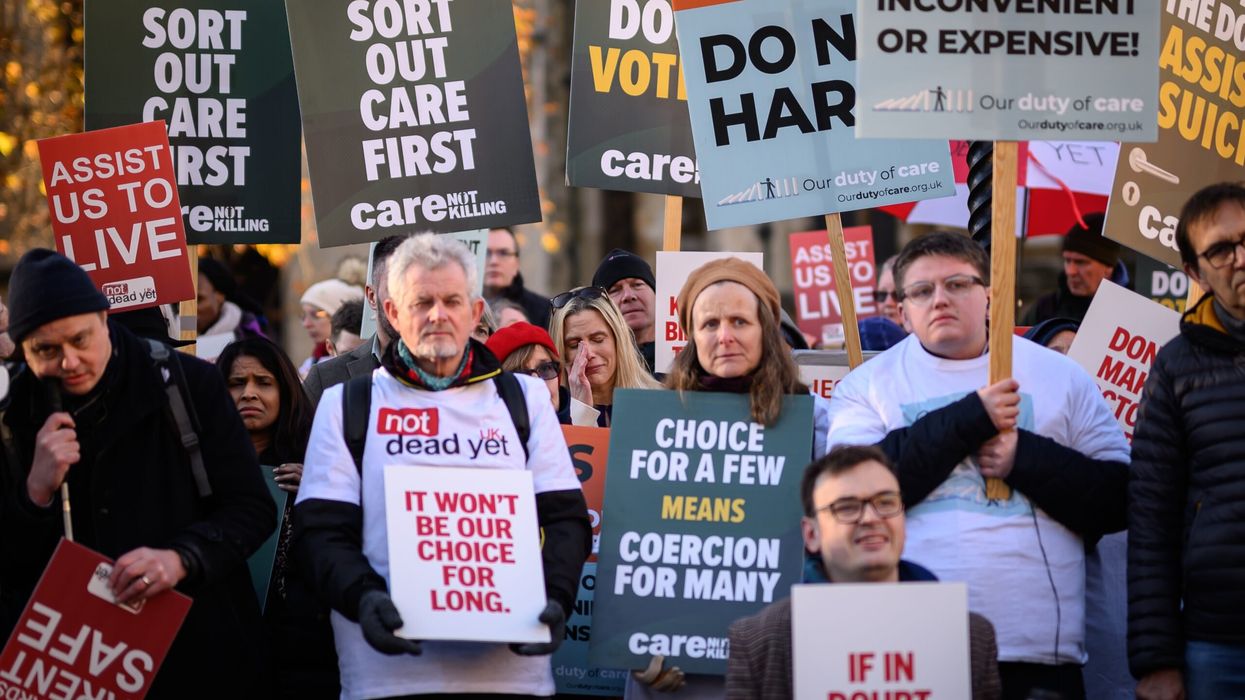IT WAS John F Kennedy who reportedly once said ‘Change is the law of life, and those who look only to the past and present are certain to miss the future.’
And change surely has been in focus for the budget. Typical of budget day, there was a mix of sentiments being shared in response to the changes ahead – but it is fair to say October 2024’s UK Budget has given cause to the broadest range of responses I have witnessed in many years.
Those range from concern and frustration about the biggest tax-raising budget in UK political history, to acceptance and a steadfast resolve that the job of work to realign the levers of the public purse are difficult, but necessary.
Looking now into the content of this year’s monumental budget, which announced tax rises to the tune of £40 billion, my first thoughts are that change is now here, and my hope is that the significant additional spending leads to the anticipated national renewal, growth in our economy and better living standards, as set out by the chancellor.
Dr Nik Kotecha OBEThe chancellor’s rallying cry was that the only way to grow the economy is to ‘invest, invest and invest’, which she certainly plans to do – pledging to ‘restore economic stability’ and to ‘rebuild Britian’ by investing tens of billion of pounds on public services – including a £22.6bn increase in day-to-day health budget spending, plus £3.1bn in capital commitments.
This is very welcome news for our NHS, which is critical for supporting those with poor health, alongside underpinning the future of our economy. But this must also be backed up by significant reforms, which I believe the NHS requires in order to serve future generations, those in greatest need and provide the care that will be called for, for our aging population.
A 19 per cent increase in spending of £6.7bn to the Department for Education, and pledges of £2.3bn for the Core Schools Budget to ensure hiring of teachers for key subjects, are also very welcome. But again, reforms are needed here too, if the UK is going to actually plug the skills, innovation and productivity gaps we currently experience, against other developed nations around the world. I hope that this investment will ensure young people coming through our education system are ‘work ready’ from day one in their new jobs, which business leaders I speak to regularly ask for.
This focus on health and education very much aligns with the goals of my family’s charitable foundation – The Randal Foundation – which provides significant support for good causes that directly save and significantly improve the lives of the vulnerable and those suffering significant hardship in these areas. There’s never been greater need in these areas and it’s my hope that a corner can now be turned, and foundations through careful government investment will be laid - for a stronger future for all our communities.
To ‘fix’ these foundations, the chancellor has levied the largest tax burden on the British public and businesses, ever. Some of the measures announced, like changing the fiscal rules, could be enabling, as long as revenues released are used to drive investment and growth. Alongside, we need a clear plan to make sure the debt burden it will create is paid back – underlining the need for this investment to directly and measurably support our economy.
However, I have great concerns about the impact of key budget announcements on businesses like the Employers National Insurance rise from 13.8 per cent to 15 per cent, which is forecast to net £25bn, and likely to impact the people companies employ.
It is likely to be the same for the welcome increase of 6.7 per cent to the National Minimum Wage, which will further impact struggling businesses and sadly, as a likely consequence, limit or reduce the number of people they are able to employ. Sectors such as hospitality, retail and social care will be most affected – and represent an important and significant employer base. And with all operating cost increases, which these wage cost rises will be, there will be an inevitable translation, sooner or later, into the product and service price consumers pay. The impact will reach us all.
For those establishing, growing and making plans for exit, this was a deeply difficult budget. Heavy restrictions on Business Property Relief will come into play in April – effective in real terms from now, and a planned hike in Business Asset Disposal Relief will adversely impact those driving our economy – entrepreneurs, innovators and wealth creators, setting up and scaling businesses.
But the budget was not all negative for businesses. Key pledges to protect government investments in research & development ‘to unlock…growth industries of the future’ with more than £20bn of funding announced is material. The Chancellor also added it will include at least £6.1bn to protect core research funding for areas like engineering, biotechnology and medical science. The smoothing of the so called ‘Business Rates cliff edge’ will also help, as rates will now double, rather than quadruple, as previously expected.
From a social perspective, the additional £5bn of government spending, including support to build 1.5 million new homes and an uplift for affordable new homes, is also welcome, as is the commitment by the Government to extend support for school breakfast clubs, to help parents back to work and ‘give young people the opportunities they deserve’.
This monumental budget clearly has been a huge re-design exercise, and perhaps one which was needed to generate ‘solutions’, on top of manifesto commitments, to address some of the biggest social and economic challenges of our time.
What is clear is that the change has now begun, and whether individuals and the country as a whole begin to feel better off for it, awaits to be seen. I feel certain too that there’ll be time taken in board rooms and offices, home offices and workshops across the UK as we consider how best to move forward within a much changed operating environment. Innovation, creativity, tenacity and sheer hard work will be called for – as we adjust to the demands and opportunities at hand.
But if ‘change is the law of life’, then we must all look forward to the future, which undoubtedly has some brighter days ahead.






















‘Change is the law of life’, but how will this monumental budget shape our future?